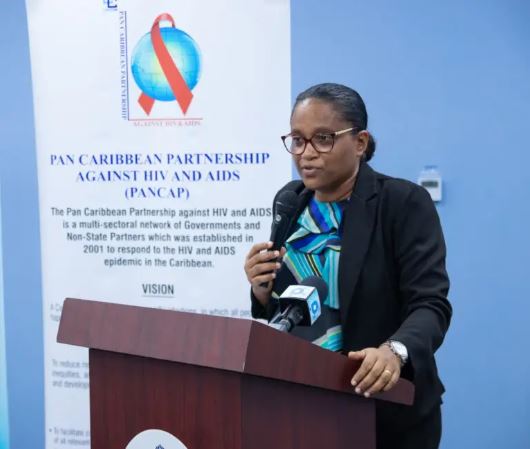Regional and international stakeholders discuss using new data and evidence to improve HIV service delivery
Bridging the gap between new HIV science and providing quality service delivery to communities will be the focus of the regional workshop titled “Uniting Science and Communities to Accelerate HIV Response in the Caribbean”, which will be hosted in Trinidad and Tobago, on Monday and Tuesday.
The International AIDS Society (IAS) and the Pan Caribbean Partnership against HIV and AIDS (PANCAP) are leading the initiative in collaboration with The Global Fund, the Pan American Health Organization (PAHO) and Plataforma LAC.
The workshop aims to provide a platform for HIV-related health and social service providers, key community actors, youth, researchers, government representatives and policymakers to brainstorm bridging the gap between evidence-based science, policy and action.
“The goal is to create a roadmap for aligning new HIV science and evidence with how we deliver HIV-related services in our communities,” said Dr Wendy Telgt-Emanuelson, director of the PANCAP Coordinating Unit based at the Caribbean Community (Caricom) Secretariat.
“Groundbreaking HIV data and evidence emerged from AIDS 2024 — the 25th International AIDS Conference. This has implications for policymakers and HIV service providers in the Caribbean. Our region cannot be left behind. Our stakeholders must be empowered to use the evidence to create innovative solutions to the HIV service delivery gaps and challenges we experience in the region. The workshop seeks to provide this level of knowledge-sharing and empowerment,” added the PANCAP director.
The workshop’s agenda includes an in-depth discussion of the key messages from the 25th International AIDS Conference (AIDS 2024) and their application to the Caribbean, translating the science and knowledge of advanced HIV disease into action so that people living with HIV can access a comprehensive package of services.
The workshop will also address HIV-related stigma and discrimination, focusing on the normalising of HIV-related services and integrating services to address intersecting healthcare needs.
This meeting of critical HIV stakeholders supports developing and implementing policies and strategies to improve the delivery of health services that reflect the latest HIV scientific evidence tailored to communities and the unique circumstances and needs of the people of the Caribbean Community.
SOURCE: CMC

